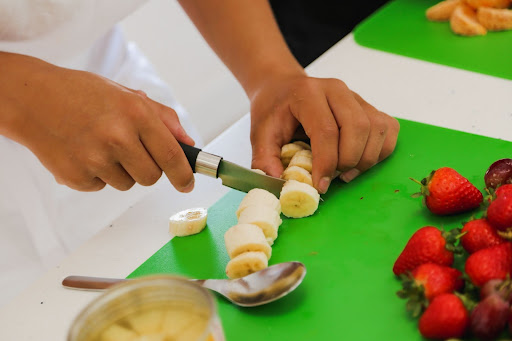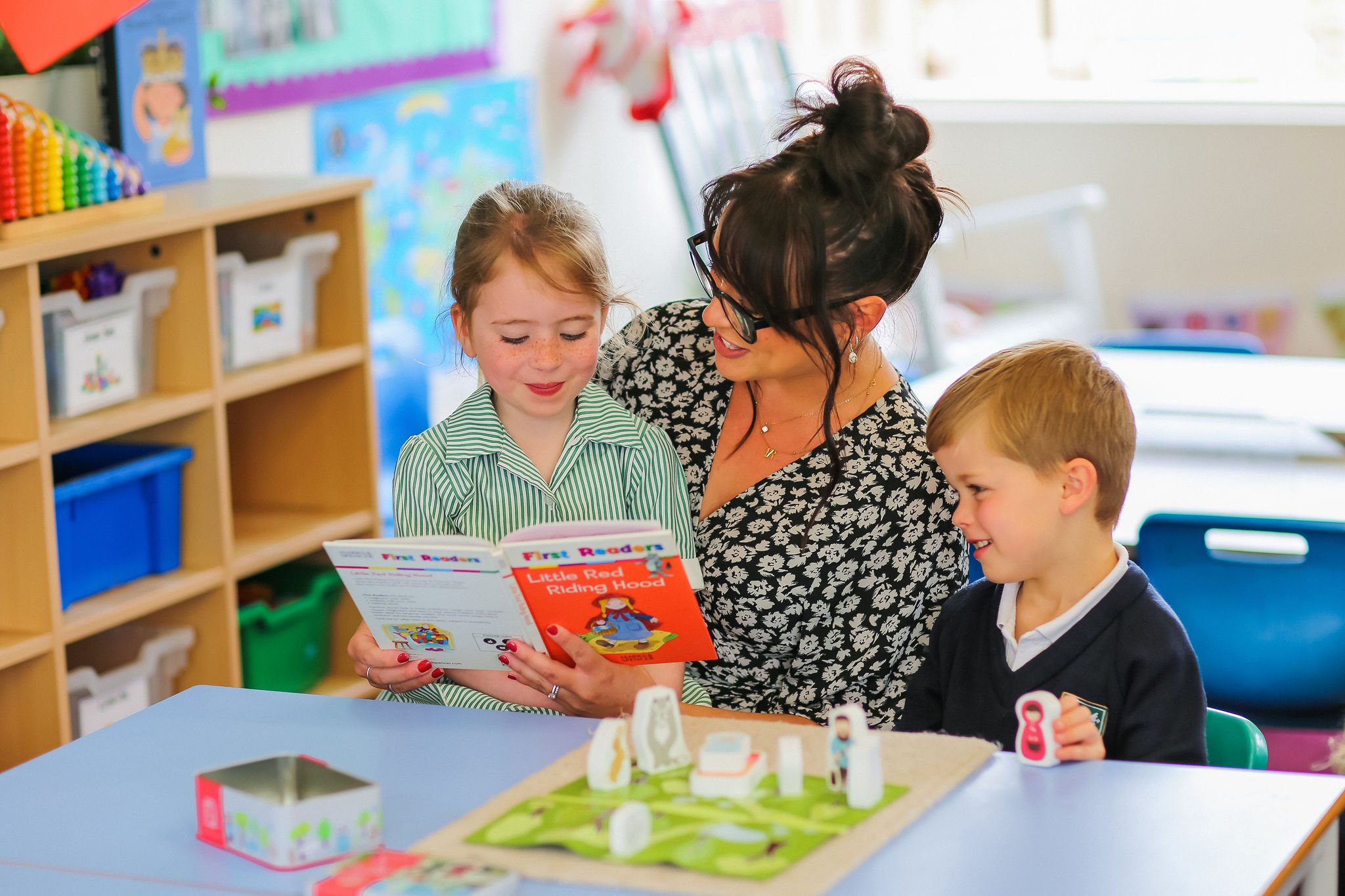We are all aware of the advantages of being outside and participating in outdoor activities; enjoying time outside is commonly recognised as being beneficial for your health. But what about those days when the weather doesn’t permit it?
Indoor play is essential when winter rolls in and spreads its chill. So what are the advantages of dedicated indoor play spaces?

When it comes to youngsters playing outside, unpredictably bad weather might throw a spanner in the plans. It may not be safe, or it may simply be unpleasant. None of these factors will encourage children to play outside!
When the weather is bad outside, an indoor play area is a great alternative as it still provides an opportunity to keep kids active and entertained.
Does Indoor Play Enhance Creativity?
When kids relate and engage with other children, they are exposed to events and difficulties that help them develop their creativity. Children are more expressive with one another, which makes it easier for them to learn and develop.
Children can explore and develop their creativity in a secure and safe atmosphere when they have access to an indoor play area. Interacting with others aids language development while also providing a safe environment for them to exchange ideas, express their feelings, and form friendships.
Children learn how to socialise and begin to comprehend specific social behaviours through play, and an indoor play area provides a safe environment for them to try out new things.
How Does Indoor Play Help Physical Development?
In this age of gadgets, it is easier than ever for kids to stay indoors and play games or participate in activities that do not demand physical exertion. Indoor play areas provide the convenience of being inside while also allowing youngsters to engage in physical activity without even realising!
Exercising has numerous advantages, for both adults and kids. Children who participate in physical activity on a regular basis are healthier both mentally and physically. As a result, they’re more likely to take on challenges, which is an ideal attitude for indoor soft play!
How Does Indoor Play Contribute to Motor Development?
The interaction youngsters have within a soft play space supports both gross and fine motor development. In an indoor play area, children can step, crawl, climb, and leap without fear of injury, which means they are more inclined to try to move their bodies and perfect techniques like jumping or rolling.
Indoor play areas also provide a safe environment for youngsters to practise fine motor skills like balancing while also providing open space and lighting. For children learning movement skills, this provides a pleasant sensory experience.

Here at St Peter’s Prep private primary school in Devon, we recognise that play is a vital element of children’s lives, not only for emotional and physical growth but also for fun!
To find out more about our school and whether it would be the right fit for your child, please contact our Director of Admissions & Marketing, Rachel Elliott, on 01395 280335 or email rachel.elliott@stpetersprepschool.co.uk.









